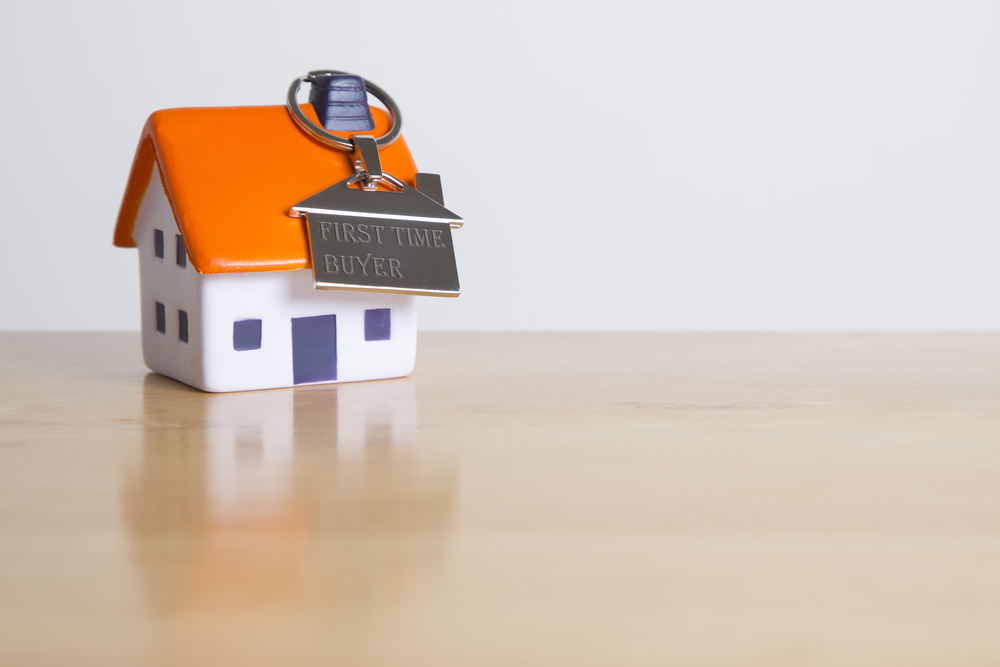04 Dec 2017
Good news for first time buyers

Good news for first-time homebuyers - one mortgage rate has actually fallen since the Bank of England announced the base rate rise last month.
Financial services company Moneyfacts reports that the typical rate for a two-year fix at 95% loan-to-value (LTV) has gone down marginally – to 4.17% from 4.18% in November.
Meanwhile the average rate for a two-year fix at 90% LTV has only edged up slightly by 0.02% to 2.68% while the five-year 95% LTV rate is ahead 0.03% to 4.55%. Some borrowers may be feeling the pinch, particularly those seeking a five-year deal, but Moneyfacts says the key could be to try and save a little more for a deposit to bring the mortgage rate – and repayments – down to size.
Rachel Springall, a finance expert with the firm, said: "The average five-year fixed mortgage rate for borrowers with a 5% deposit is currently 4.55%, but those with a 10% deposit will find the average much lower at 3.29%. On a simple loan of £250,000, that equates to a difference in the monthly repayment of £173.11, or £2,077.27 over the year (based on a 25-year term), so it could pay to save for a while longer."
Remember, too, that it isn't all about the rate.
Moneyfacts says the fees and incentives that are available can make all the difference, and in some cases a lower fee and more generous incentive package could actually compensate for a slightly-higher mortgage rate, particularly if cashback is offered.
Rachel says these deals are much more likely to entice first-time buyers looking to save on the upfront costs of getting a mortgage, and cashback can be especially welcome as a way to pay for removal costs or appoint a solicitor – helping cut down on costs even further.
New buyers also need to meet affordability criteria and ensure they can comfortably afford to continue making repayments.
Moneyfacts says the UK Government has been debating whether rental payments should be used as proof of mortgage affordability, something that makes a lot of sense. "Indeed, renters with a flawless payment history have already proved themselves as being responsible, and given that mortgage repayments are often far less than typical rental costs, affordability should be assured," the firm adds.
Rachel said: "If rental payments were used in working out affordability it could be a huge step for first-time buyers to get on the property ladder." It's hoped that such a change could transform the credit-scoring landscape.